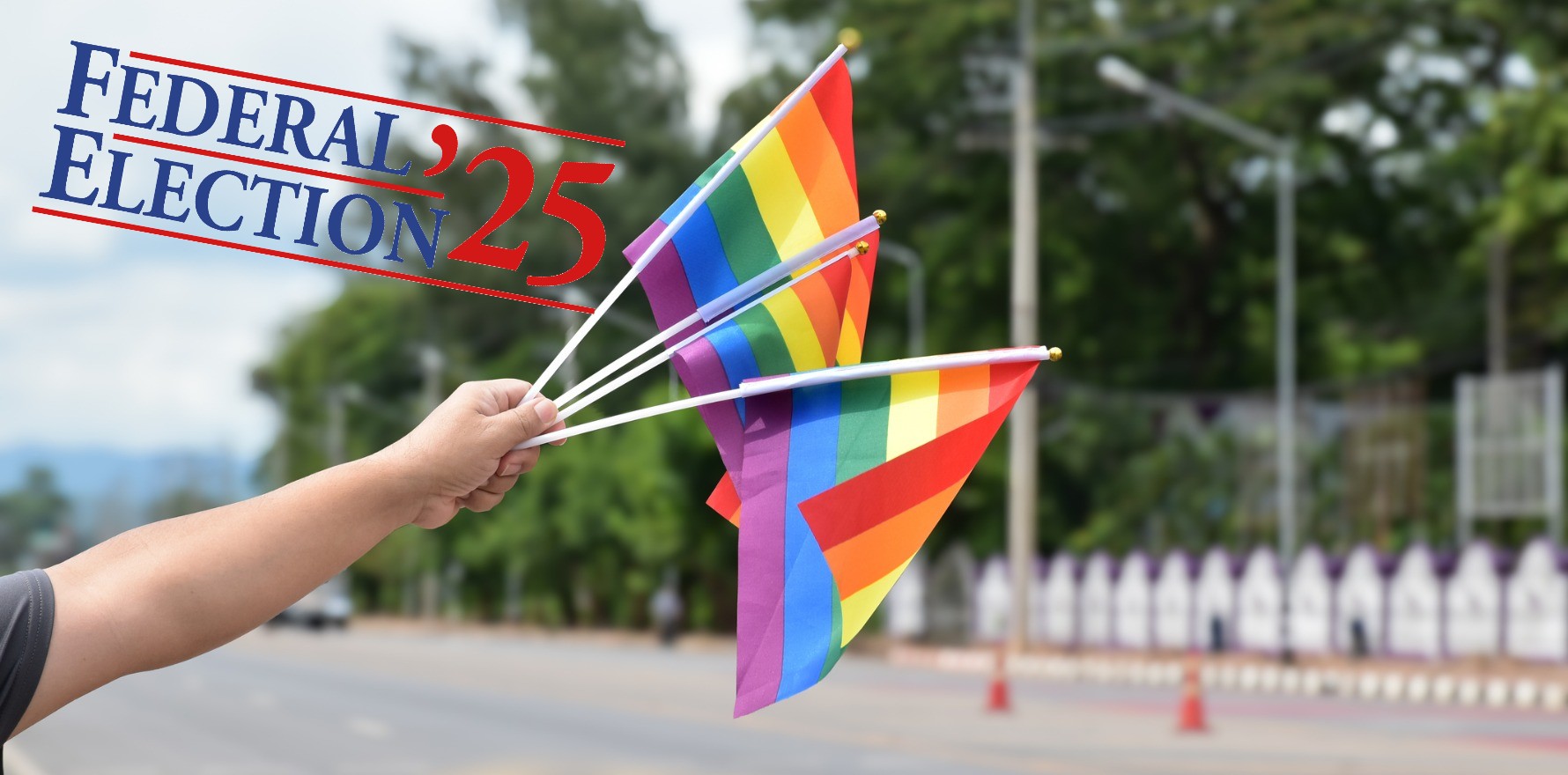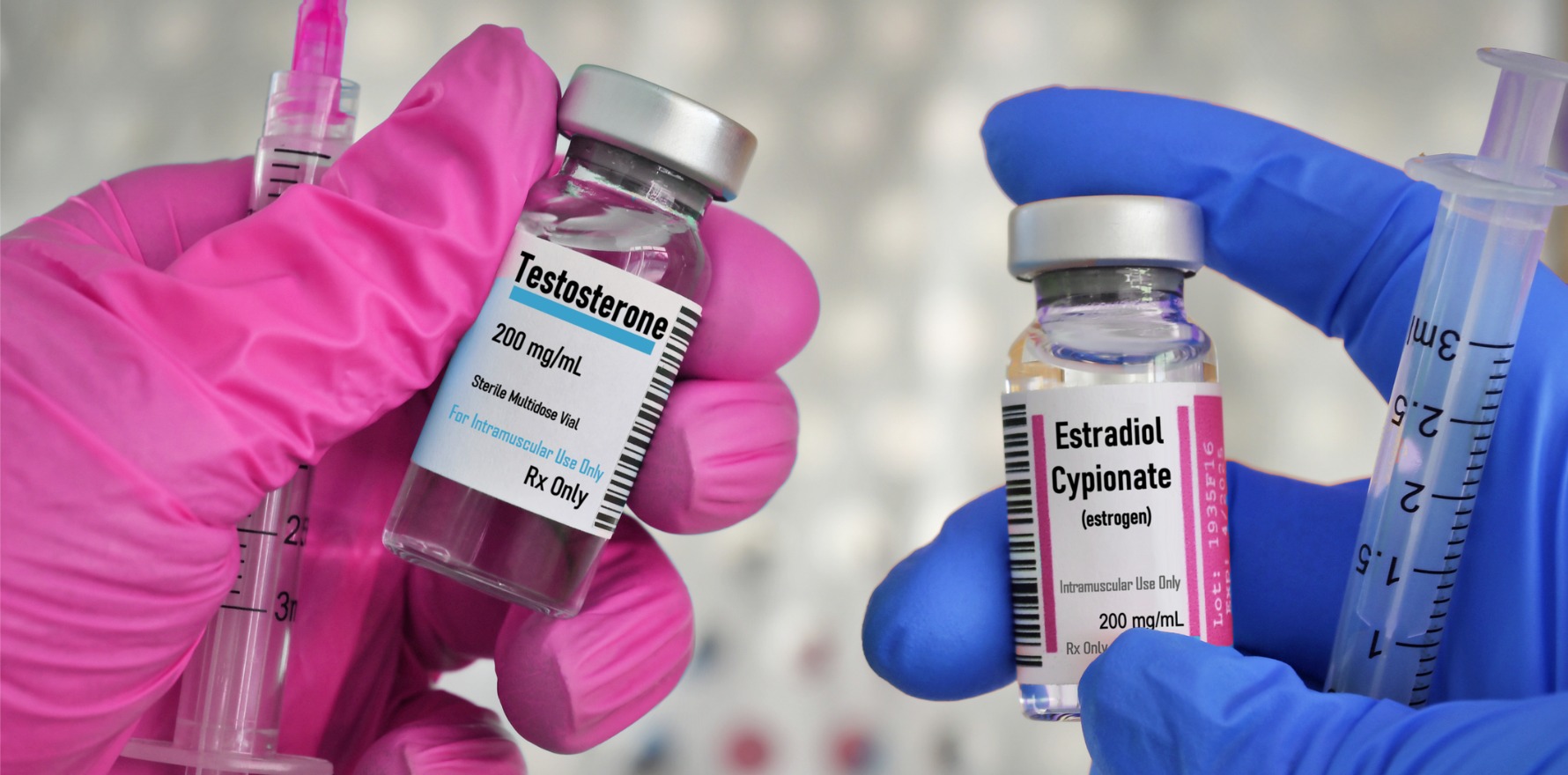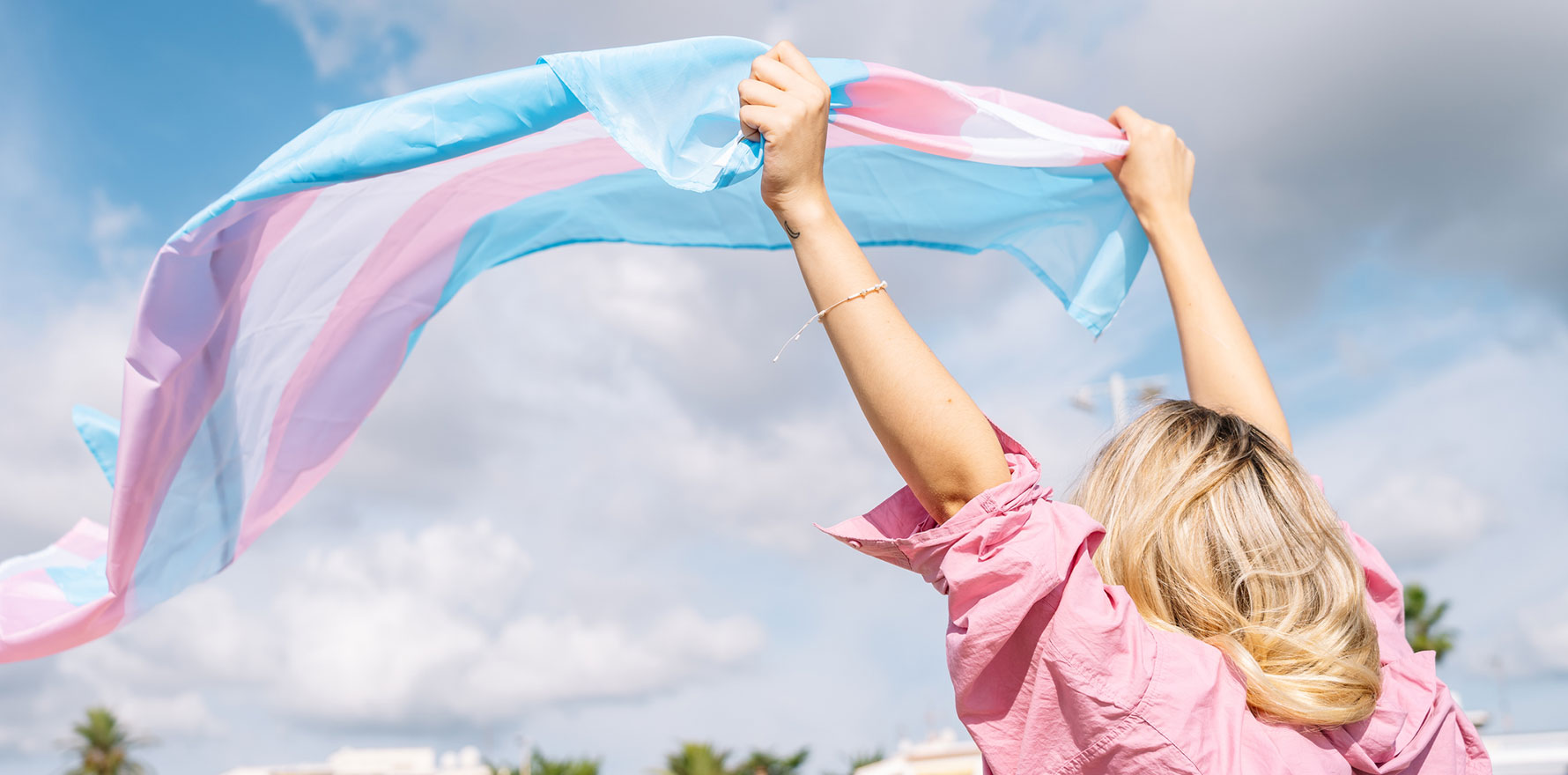Labor’s latest pledge includes a new voluntary accreditation program and funding to upskill doctors and nurses working in queer healthcare.
The Labor Party’s latest health pledge is $10 million to “strengthen Medicare” for LGBTQIA+ Australians via new training and voluntary accreditation programs.
Announced on Monday, the accreditation program would recognise healthcare providers who meet best practice for queer people.
In turn, according to federal health minister Mark Butler, LGBTQIA+ Australians would be able to better identify safe and trusted services.
The training element, meanwhile, would support primary health clinicians to “improve their skills and knowledge” in delivering inclusive healthcare.
“The LGBTIQA+ community knows that only Labor will continue to strengthen Medicare for all Australians,” Mr Butler said.
The $10 million pledge is allegedly the next step in Labor’s National Action Plan for the Health and Wellbeing of LGBTQIA+ People, released in December 2024.
A need for a voluntary LGBTQIA+ friendly accreditation system was indeed raised by community members at multiple points.
“LGBTIQA+ people who have experienced discrimination or felt unsafe in a healthcare setting may delay seeking health care in the future,” the plan said.
“This can negatively impact their health and wellbeing.”
Queer Australians delay or avoid routine cancer screenings at a higher rate than their peers and previous studies have found that around half of LGBTQIA+ Australians prefer to access healthcare from a mainstream service that they know to be LGBTQIA+ friendly.
Around one in five prefer services which cater to queer people exclusively.
Elsewhere in the pre-election queer health space, ACT independent senator David Pocock has called for reforms to blood donation rules.
Related
“Safety will always come first when donating blood but it is unjustified, discriminatory and hurtful to exclude a HIV-negative gay couple in a monogamous relationship from donating blood,” he said.
“The current policy is stigmatising, not based on science and ultimately means we have less people donating, who really want to give back to the community.”
Current rules prohibit men have had anal or oral sex with another man in the previous three months from donating blood, along with people who have had sex with a man who may have had oral or anal sex with another man in the previous three months.
People who are on PrEP also cannot donate blood until 12 months after their last dose.
Canada, the UK, the US and New Zealand all allow – or are in the process of allowing – monogamous trans women and men who have sex with men to donate blood.
Lifeblood made a submission to the TGA in 2023 requesting that Australia switch to the individual risk assessment approach used in other countries, but Senator Pocock pointed out that this was never finalised.
“I want to see the Therapeutic Goods Association held to timeframes on assessing these applications regarding blood donations, as they are for all other products,” he said.
Sex workers, people who inject illegal drugs and people who have recently had sexual contact with someone who uses illegal drugs are also barred from donating blood.
The 2025 federal election will be held on Saturday 3 May.





